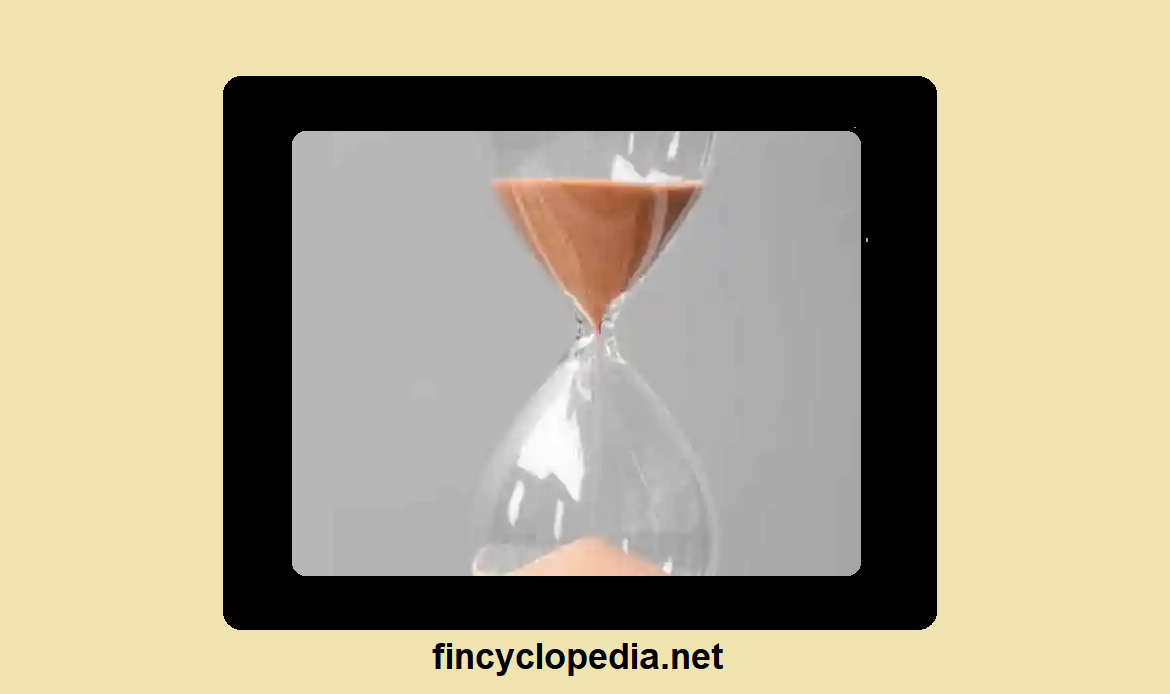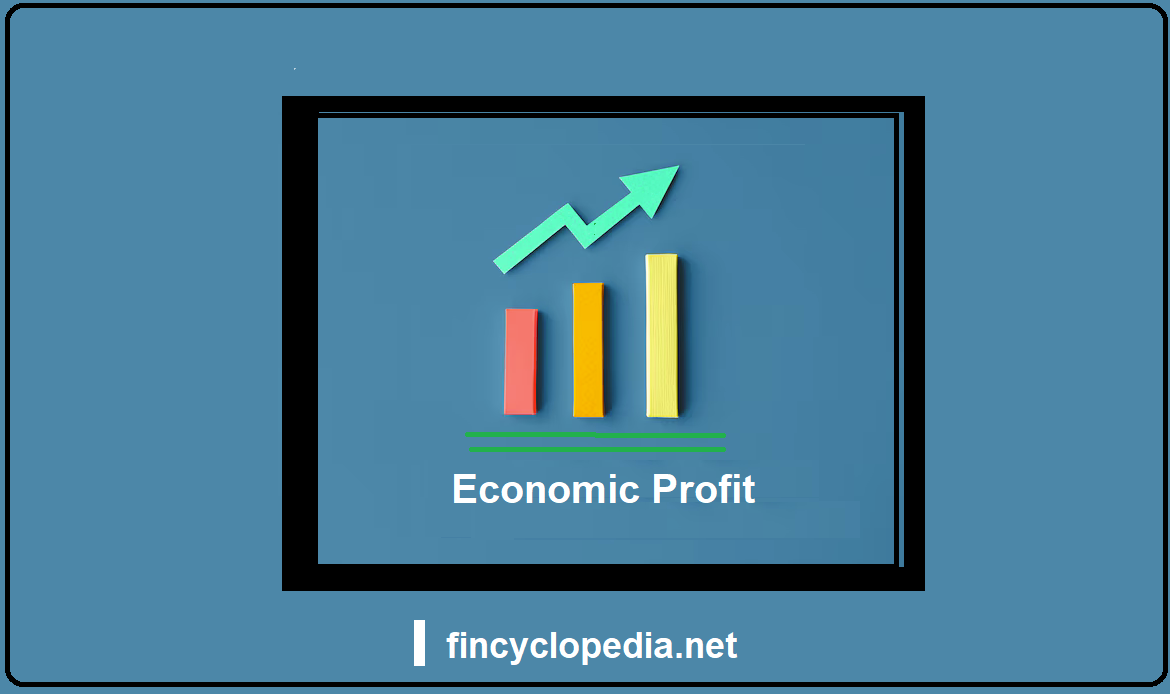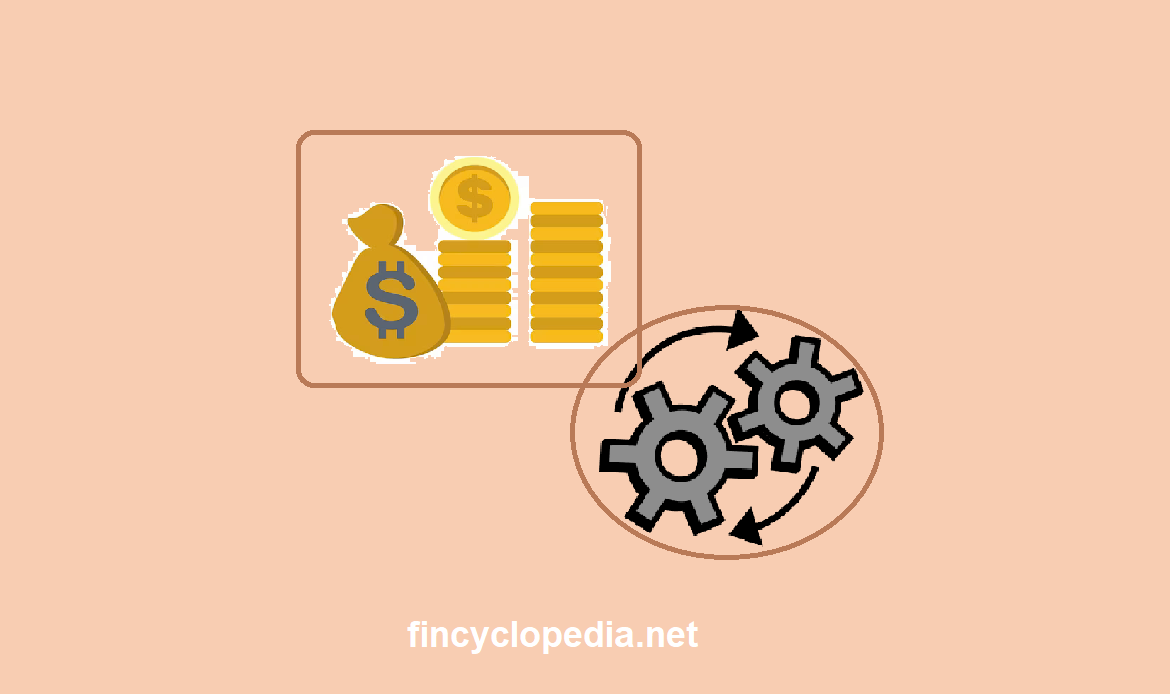The date on which the holder of a stock will still receive a specific dividend payment. It is the first day of trading when the seller, rather than the buyer, of a stock will be entitled to receive the most recently announced dividend payment. A holder of the stock who sells on the ex-dividend date is entitled to get the dividend when it is paid. For an investor to claim a dividend that has been announced but not yet paid, a stock must be bought one day prior to the ex-dividend date. An investor buying a stock on the ex-dividend date will not receive the upcoming dividend. It would rather go to the seller.
In the context of bond trading, it is a date close to the coupon date. After the ex-dividend date, the bond is traded “ex-dividend“, and the seller not the buyer receives the next coupon and the buyer has to be compensated for missing the next coupon by means of a lower purchase price. Between the coupon payment date and the next ex-dividend date the bond is traded “cum-dividend“, so that the buyer gets the next coupon payment. The seller is compensated for missing the next coupon payment by receiving accrued interest instead.






